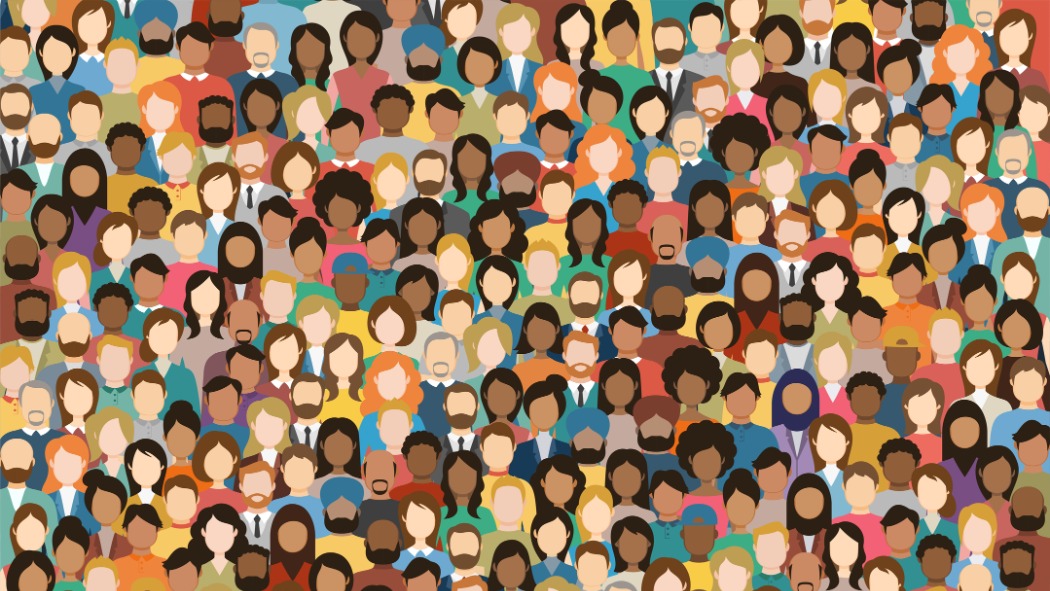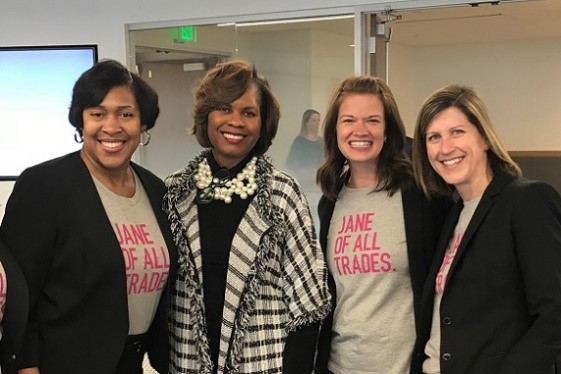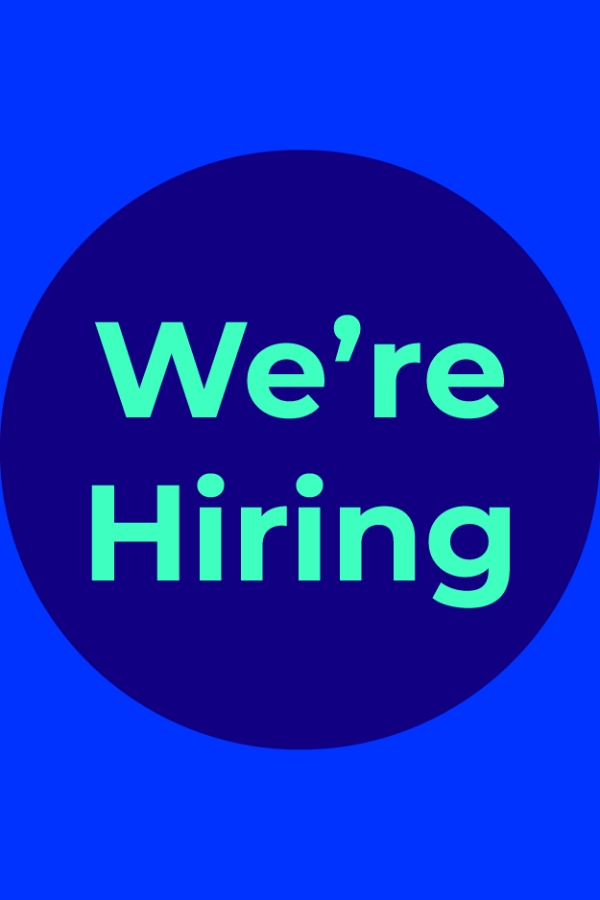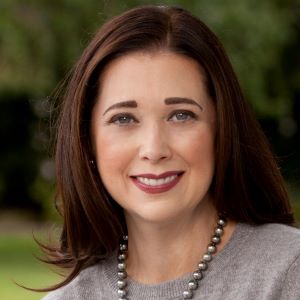
Diversity, equity, and inclusion (DEI) in the workforce is about empowering everyone to bring their unique skills, talents, perspectives, and lived experiences to the table. It’s about creating an environment that encourages people to bring their whole selves to work – free from bias, fear, or discrimination. A diverse, equitable, and inclusive culture embraces genuine and productive connections across historically disconnected groups so everyone can develop and thrive.
Importantly, there is also a significant business case for DEI – research finds diversity in the workplace leads to better decision-making and enhanced innovation, resulting in a more engaged and productive workforce. A report from McKinsey also states a strong business case for gender, ethnic, and cultural diversity in executive leadership, finding that companies with diverse executives are 25% more likely to have above-average profitability. Further, a report from Catalyst shows that diversity and inclusion helps reduce absenteeism and turnover, increases job satisfaction, and reduces discrimination and harassment.
“A diverse and inclusive environment enables us to innovate and leverage different perspectives to solve important business problems for those we serve.”Cindy Ryan, executive vice president and chief human resources officer at Cigna
“Now more than ever, it is crucial that we take action to support the development of diverse, highly qualified employees and leaders, not only for today, but for future generations,” Ryan said.
At Cigna, this commitment to DEI is critical at the earliest stage of professional development and must continue to the highest levels of leadership. Case in point: Cigna recently joined more than 80 leading U.S. companies, including Apple and Google, in encouraging the U.S. Supreme Court to uphold the ability to consider race in college and university admissions. The amicus brief argued that race-conscious admissions at universities play a vital role in developing a highly qualified, diverse workforce. Students benefit from diverse voices and peers – diversity is an important piece of higher education, fostering greater creativity, perspective, and decision-making.
One thing is clear: There is much work to be done to foster and support DEI in education and the workforce. Beyond our recent action at the Supreme Court, Cigna is recruiting, retaining, and developing historically underrepresented talent, and leveraging external partners and internal employee resource groups that help us achieve our DEI goals as part of our broader Healthy Society and Heathy Workforce ESG commitments.
Building Relationships To Recruit Underrepresented Talent
DEI and workforce mobility are at the foundation of our culture at Cigna, and we are proud of the actions we’ve taken to address racial equity and advance opportunity and mobility, highlighted in our recent recognition on Just Capital’s 2022 Workforce Equity and Mobility Top 100 List. At Cigna, these efforts start at the earliest stages of recruiting and workforce development. In 2020, we launched the Building Equity and Equality Program, a five-year initiative to expand and accelerate our efforts to support diversity, inclusion, equality, and equity for historically underrepresented communities.
As a core part of this initiative, we work to build a pipeline of diverse, qualified talent who are empowered to grow and thrive within our organization, and we partner and build relationships with a number of external organizations that help us support and achieve our inclusion and advancement objectives.
Cigna’s talent acquisition team is on the ground at community events, colleges and universities, professional conferences, job fairs, and embedded within community organizations to find the best and brightest talent – regardless of age, race, ethnicity, veteran status, sexuality, or gender identity. For example, as part of our partnership with Hartford Youth Scholars through the Building Equity and Equality Program, Cigna donated funds for school supplies for underrepresented students and provided hand-on professional development trainings, one-on-one coaching and mentoring, and mental health workshops – all while providing guidance and information about a future career path at Cigna.
Through the Building Equity and Equality Program, Cigna also works directly with a number of Historically Black Colleges and Universities (HBCUs) – including Howard University, North Carolina Agricultural and Technical State University, Morehouse College, Tuskegee University, Fisk University, Tennessee State University, and Texas Southern University – to double down on our efforts to recruit Black students into our workforce. In addition to recruiting, we work directly with HBCUs to provide solutions and programming to support students’ financial health, mental and physical well-being, and to provide career advice and onboarding support for new hires. Beyond this core group of long-standing partners, Cigna is working to build relationships with all 107 HBCUs across the country to build deeper relationships. Recently, we sponsored the inaugural Invesco QQQ HBCU Career Classic With HBCU Heroes, and Cigna's talent acquisition team attended to coach, recruit, and hire students for open roles at Cigna.
Further, Cigna invests in national career conferences and expos across the country that connect our talent acquisition team with a wide range of historically underrepresented groups. In 2021, the Cigna talent acquisition team participated in the Forte Foundation MBA leadership conference for women, the Anita Borg Foundation’s Grace Hopper Celebration to help women and non-binary technologists succeed, the MBA Veterans annual career conference, and the Disability:IN national conference and career expo, to name a few.
Cigna’s Commitment to Leadership Development
Programs to develop leadership skills and traits can help fundamentally shape an employee’s career advancement. Development training can open new doors to opportunities: It can increase confidence, expand professional networks, and has been shown to improve employee engagement and drive motivation. Studies have found that professionals who undergo leadership training improved their earning capacity by 25% and their performance by 20%.
At Cigna, our partnership with CALIBR, a leadership development organization and professional network dedicated to accelerating readiness of mid-level Black professionals for senior executive roles, is one way we are helping to develop Black talent through specialized training, coaching, mentoring, and networking opportunities. The opportunity serves participants even after they leave our organization to pursue other opportunities, as CALIBR members are sought after throughout corporate America because of their proven preparation to step into senior roles.
Another example is Cigna’s partnership with the McKinsey’s Connected Leaders Academy, which aims to advance racial equity by investing in future leaders. Cigna works with McKinsey on a range of programming for career growth, including the development of high-performing early- to mid-career managers through the organization’s management accelerator program, which focuses on building core management and leadership capabilities and helps ethnically diverse employees make the leap into senior leadership.
To help women at Cigna increase their leadership effectiveness, we offer the Transformational Leadership Program for Multicultural Women, a virtual program that provides coaching, course-specific learning, case studies, and peer-to-peer interaction and networking.
Empowering Employees Within Our Workforce
Cigna’s Employee Resource Groups (ERGs) are a cornerstone of our commitment to diversity, equity, and inclusion. Our ERGs help foster an inclusive environment for a wide range of employee groups, create a safe space for employees to bring their whole selves to work, and help educate the business on the unique skills that our diverse communities have to offer. Our ERGs spearhead professional development opportunities and help shape our DEI strategy across our enterprise.
 ERGs also play a direct role in recruiting and hiring candidates. Each of Cigna’s ERGs has dedicated recruitment leads who help to facilitate employee referrals to recruit talent organically and partner with our talent acquisition team. Through this partnership, ERGs participate in national, regional, and local recruiting events, and participate in panel discussions and networking opportunities. (Pictured on left: members of Cigna’s Women Influencing & Networking (WIN) Employee Resource Group at a networking event.)
ERGs also play a direct role in recruiting and hiring candidates. Each of Cigna’s ERGs has dedicated recruitment leads who help to facilitate employee referrals to recruit talent organically and partner with our talent acquisition team. Through this partnership, ERGs participate in national, regional, and local recruiting events, and participate in panel discussions and networking opportunities. (Pictured on left: members of Cigna’s Women Influencing & Networking (WIN) Employee Resource Group at a networking event.)
The Cigna African American/Black employee resource group (AA/B), for example, promotes empowerment and mobility for our Black employees. AA/B helps to grow and develop its membership, and open a dialogue around diversity for all employees. For Example, this Black History Month, also known as Black Futures Month, AA/B hosted a collection of professional development trainings and webinars, covering topics such as building a personal brand through social media, and how to overcome COVID-19 setbacks to wellness. Programming also included a range of cultural events calling on this year’s theme “keep the culture alive,” which included a discussion on giving tribute to the legacy, culture, and future of HBCUs.
Cigna’s Achieving Better Lives for Everyone (ABLE) ERG is dedicated to advocating for those with seen and unseen disabilities. ABLE hosts events to engage all employees, regardless of ability, on crucial topics related to disability awareness in the workplace. Recent events have included sessions on demystifying adult attention deficit hyperactivity disorder (ADHD), overcoming catastrophic injury, navigating mental health stigma and resources, and generating awareness around National Disability Employment Awareness Month. ABLE also works closely with Cigna’s talent acquisition team and Disability:IN to achieve our commitment to hire people with disabilities and learn about new ways to engage disabled employees. Through ABLE, employees can also volunteer to mentor students with disabilities through Disability:IN’s NextGen Leaders program.
Cigna also has a Pride ERG that fosters workplace understanding and acceptance around the LGBTQ+ community, a Salute ERG for veterans, military spouses and families, and their allies, the Juntos ERG for Hispanic/Latinx employees, as well as a women’s ERG that supports and encourages women to advance their skills and leadership potential through connection, mentorship, collaboration and discussion.
“We’re proud of the progress we’ve made through our external partnerships and internal, employee-driven initiatives – but there is always more work to do, and this work must never stop,” said Ryan. “If we are to achieve true diversity, equity, and inclusion, it is crucial that we keep our momentum and continue to strive for a higher standard when it comes to recruiting, developing, and empowering the best talent – regardless of age, race, ethnicity, veteran status, sexuality, or gender identity.”

Careers at Cigna
At Cigna, we’ve made our commitment to help everyone live healthier, happier, and more fulfilling lives. We’re making real progress, but we still have work to do. That’s where you come in.
